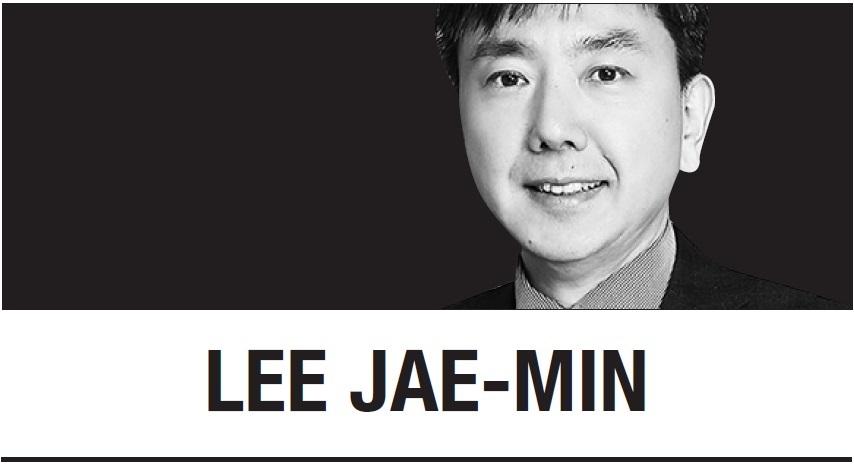
After all, it hurt to watch. It really did.
Confirmation hearings for some of the seven ministerial post nominees last week stirred public anger. Questions posed, responses given and facts found were just so embarrassing, to say the least.
Over the weekend, the nomination for one minister was withdrawn, and one nominee voluntarily stepped down. Frankly, I blushed at the thought of the reaction of our foreign friends: What would they think? Again, not all, but some of the seven candidates raised a serious question as to whether they were the right people for the positions.
Reported personal transactions and dealings were way off the standard we would hold high-ranking government officials to. Which makes me wonder: Knowing what is coming, why would one accept the offer and risk himself being subject to microscopic scrutiny? Perhaps “the hearing is just one day, so be it” may be what is going through their minds.
And here is the more intriguing part. A final report from a confirmation hearing is merely hortatory. A nominee can still be appointed despite an adverse report, and in fact many have been. These ministerial posts, under relevant domestic statutes, require hearings but not the consent from the National Assembly. Which brings the whole point of the hearings into question.
It is not like the candidates this time were particularly unusual. Nor were previous candidates or batches up for past hearings as impeccable as saints. As far as I can remember, for years it has been this way -- regardless of conservative or liberal administration.
The script is familiar by now; the problems are similar, so are the excuses. So, now we all know the weak spots to look into in a hearing.
Based on past experiences, reports and interviews, this is what we know now. First, it is almost impossible to find a candidate who can pass a hearing unscathed with an impeccable record in each category. Second, as such, it is difficult to recruit the best candidate for a job. After sleepless nights, the person is likely to turn down an offer mainly because of the hearing and its possibly ugly consequences. The offer then goes to the next in line, and so on and so forth.
If that is the case, we should think about changes. It is time to consider a plan B. Indeed, we need to poke and prod everything about a candidate for a high-ranking government post. So, a hearing is critical and almost indispensable. The question is how to ensure healthy debate and reasonable inquiry.
In this respect, hearings can be broken down into two segments as in other countries: a public segment and confidential one. The public segment, which can be televised and publicized, can offer a forum to discuss public policies. The second, confidential one, on the other hand, can handle personal issues behind closed doors.
As it currently stands, a confirmation hearing has a good recipe to turn itself into a partisan confrontation and political circus. It has become a highly politicized session of scoring points vis-a-vis the other side of the aisle. Such an important occasion -- it is nationally televised with everybody watching. Many times policy issues get blurred by personality attacks and unsubstantiated and unsubstantiable allegations. If the process has scared off many able candidates, the harm falls on the organization in question and ultimately the general public.
It was almost two decades ago when confirmation hearings were first introduced in June 2000. Since then, the coverage of hearings has been steadily expanded to cover almost all key positions now. The system and its actual operation are now time-tested. It can be updated and fixed so as to ensure effective but reasonable hearings.
But in the meantime, we need to take a deep breath to calm us down from the embarrassment of the last week.
Lee Jae-min
Lee Jae-min is a professor of law at Seoul National University. He can be reached at jaemin@snu.ac.kr. -- Ed.








![[Weekender] Korea's traditional sauce culture gains global recognition](http://res.heraldm.com/phpwas/restmb_idxmake.php?idx=644&simg=/content/image/2024/11/21/20241121050153_0.jpg)